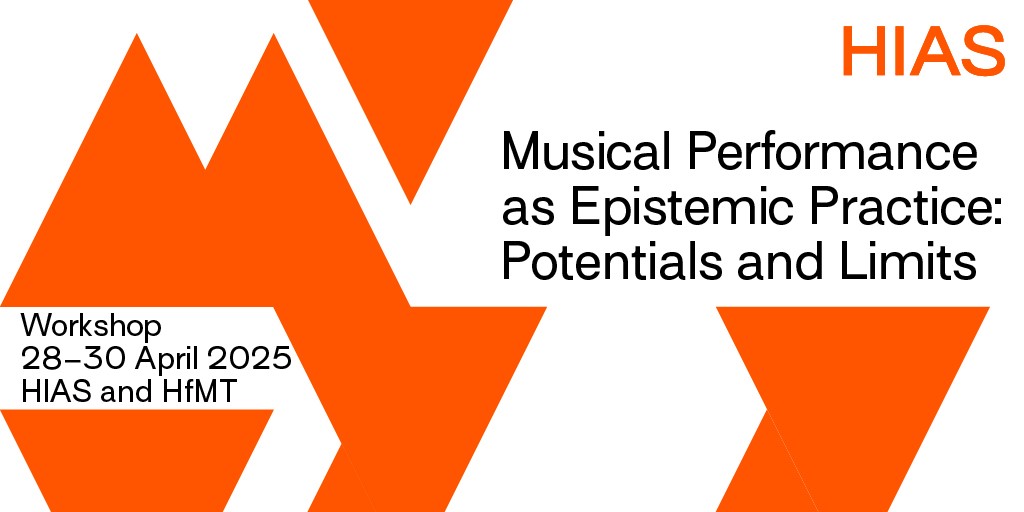Workshop by Andreas Dorschel
Musical Performance is often seen as a matter of feeling or of sheer bodily dexterity. The swiftness by which, typically, one tone follows the other seems to foreclose thought about what one does during performance. It is certainly true that, in most cases, there is little room for reflection. Players or singers may reflect before their performance, or after it, but not while they perform.
Yet that does not rule out a whole range of cognitive dispositions and/or activities. Among them can be memory, auditory perception, haptic perception, visual perception, self-perception, audience awareness, awareness of co-players, spatial experience, temporal consciousness, anticipation and orientation along cultural norms, be they artistic, aesthetic, or generally social.
Feeling and the body do not oppose or preclude an understanding of musical performance as an epistemic practice, because they may incorporate cognitive features themselves. We will explore cognitive aspects of musical performance from three perspectives.
Férdia Stone-Davis will combine approaches from Epistemology, Music History, Gender and Performance Studies. Anna Rezaei will interlink ethnomusicological observation with Deleuze’s Leibnizian inspirations. Deniz Peters will look at the potential and limits of musical performance as artistic research. We will engage with the material(ized) aspects of knowledge in music through a visit to the musical instruments collection at Museum für Kunst und Gewerbe. In an evening lecture, Michael Schnegg (Social and Cultural Anthropology, University of Hamburg) will present his current views of methodological issues in comparing ‘bodily emanations’ across cultures. Institutions and modes of learning/teaching are crucial to music as an epistemic practice and will be discussed in the concluding session at HfMT.

